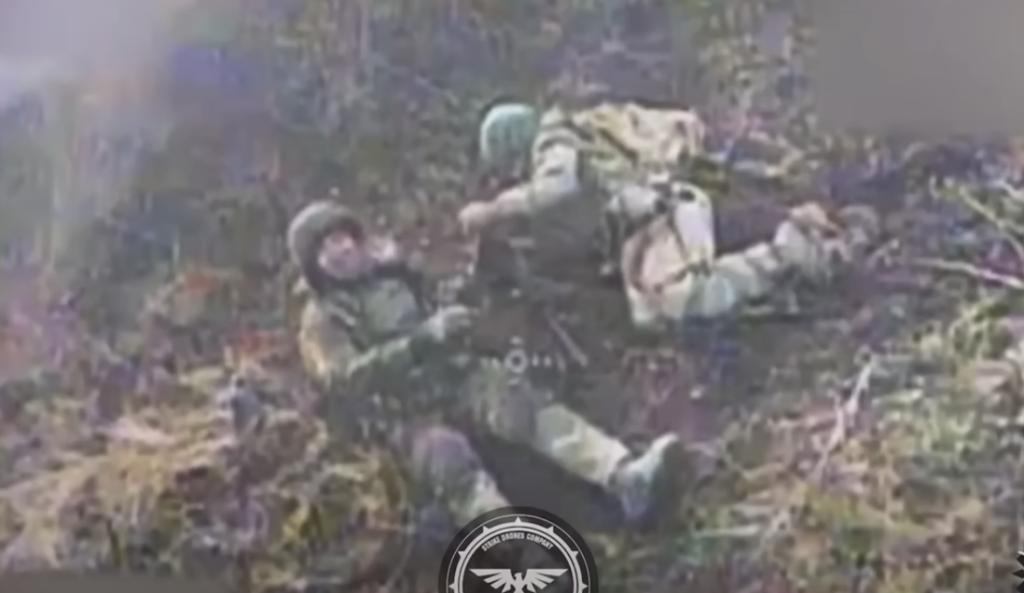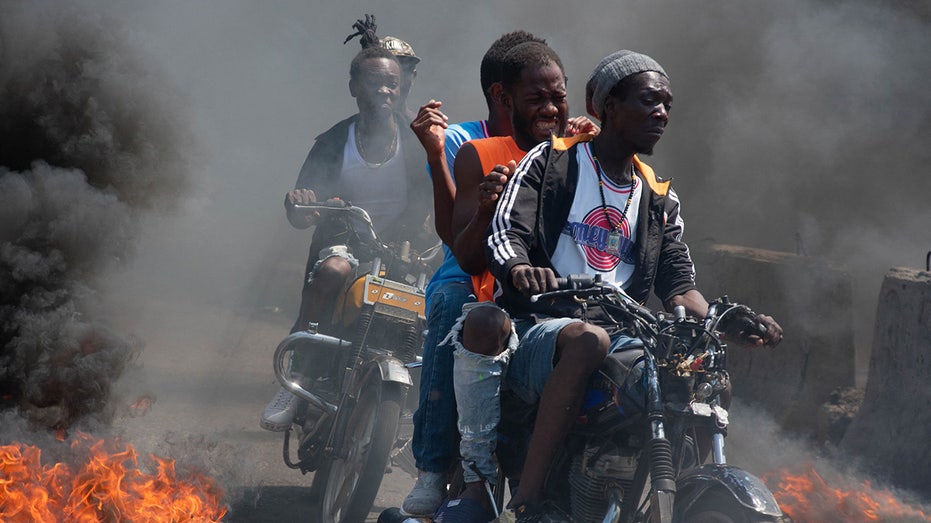ISW: Economic limitations will likely hinder Kremlin’s fight against demographic decline
Regional initiatives to boost Russia's population through maternity payments confront economic limitations, with the Central Bank defending high interest rates.


The Institute for the Study of War (ISW) reported on 24 December that the Kremlin’s economic limitations are likely to impede its efforts to combat long-term demographic decline in Russia.
According to Nizhny Novgorod Oblast Governor Gleb Nikitin’s 23 December statement, the region plans to provide maternity capital payments of one million rubles (approximately $10,000) for each child beginning in 2025. The program will use both federal and regional funds for first and second children, while third and fourth children will be supported solely through the regional budget.
“Russian regional authorities will likely continue to expand maternity capital payments as part of a Kremlin directive to address long-term demographic issues,” ISW notes.
However, the think tank says, the Russian government “may struggle to provide large maternity capital payments over time as the Russian economy is continually strained by its war in Ukraine, international sanctions, and rising labor shortages.”
RIA Novosti reported on 24 December that it had seen a letter from the Russian Central Bank responding to Russian State Duma Deputy Denis Parfenov, warning that lowering interest rates to stimulate demand would be “dangerous” when “demand already exceeds supply.”
The Central Bank emphasized that Russia’s current shortages in labor, equipment, and transport mean cheaper loans would not provide producers with additional resources but would instead intensify resource competition and drive up prices. The bank raised its key interest rate to 21% in October 2024, with bank head Elvira Nabiullina indicating possible further increases.
During his Direct Line televised press conference on 19 December, Russian President Vladimir Putin attempted to portray the economy as “stable and reliable” while criticizing the Central Bank and Nabiullina for their handling of rising interest rates.
Related:
- Russia makes € 7 billions from fish sales through Dutch ports, envoy says
- Labor shortage in Russia “almost certainly” worst in decades – UK Defense Ministry
- Russia plans to change demographics of occupied Ukraine territories – Resistance center
- Putin must end Ukraine war by 2025 or face economic collapse, warns ex-energy chief
- ISW: Putin claims GDP grew 4.1% in 2024 as cash savings hit historical low
- ISW: Kremlin policies signal Putin’s growing concern over long-term economic stability
- Russia on course to suffer 400,000 more deaths than births in 2020, new Rosstat figures show (2020)



